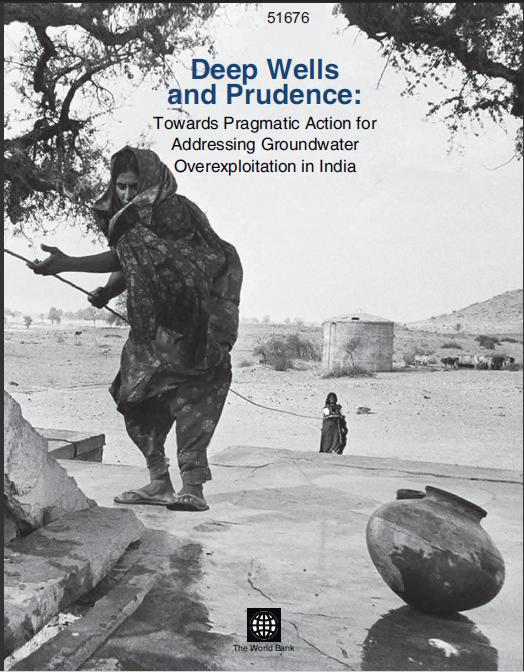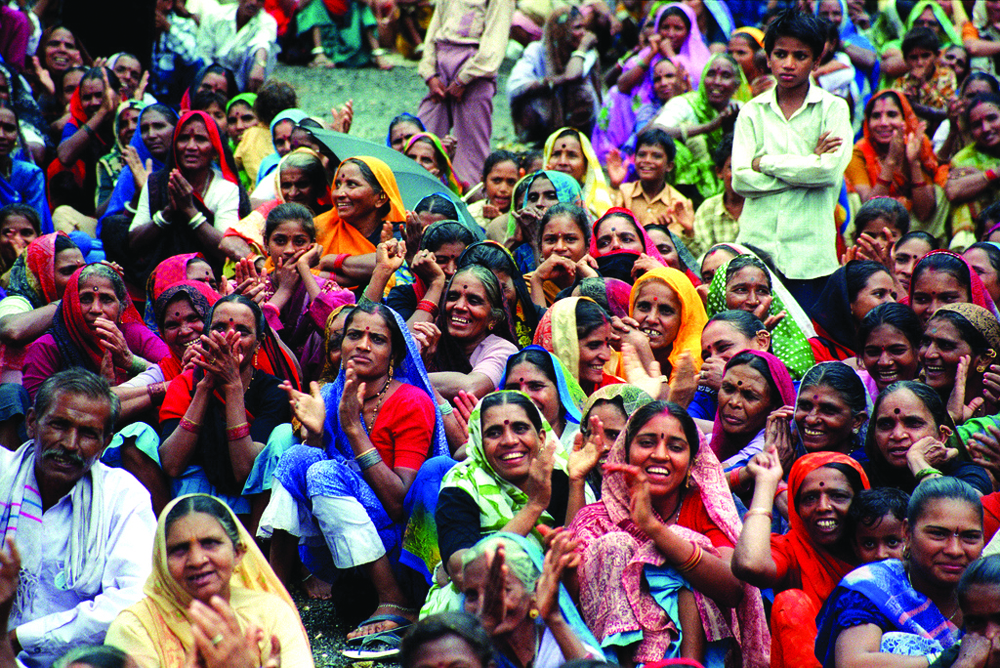/topics/equity
Equity
"I want my father back" - A 50-min film by Suma Josson on farmers' suicides in Vidarbha
Posted on 15 Apr, 2011 05:23 PM
NREGA poster boy in Chattisgarh struggling for late payment compensation - Audio update from CGNet Swara
Posted on 12 Apr, 2011 06:49 PMBut as you may recall as it was reported before on this forum that his son died in need of attention when he was still struggling to get his wages.
Deep wells and prudence - Towards pragmatic action for addressing groundwater overexploitation in India - A World Bank document (2010)
Posted on 12 Apr, 2011 01:51 AM India is the largest user of groundwater resources in the world. It is estimated that approximately 230 cubic kilometers per year is used annually, this is more than a quarter of the total world consumption from this resource.
India is the largest user of groundwater resources in the world. It is estimated that approximately 230 cubic kilometers per year is used annually, this is more than a quarter of the total world consumption from this resource.
It is in this context that this World Bank report looks at the reasons for this quantum of groundwater usage.
The report delves into socio-economic and political reasons and looks at policies which inadvertently promote so much extraction. The report also analyses various attempts to manage this resource. These attempts range from government and international agency efforts directed to grassroots mobilisations. Finally the report comes out with suggestions to deal with this crisis.
Rainwater harvesting in Bangalore - Article from Countercurrents
Posted on 28 Mar, 2011 10:20 AMAnchor in one of the local papers said, residents of a locality in Bangalore are buying bottles of mineral water to bathe in! There is also a tanker mafia in the city that charges anywhere upwards of 500 rupees for a tanker of water. Most buildings need at least two tankers of water to manage in a day. That is how tough this summer is going to be. Then why?
Harvest of Grief: A film by Rasil Basu and Ekatra Production that explores the severe agricultural crisis in Punjab
Posted on 22 Mar, 2011 02:48 PM
Socio-economic implications of depleting groundwater resource in Punjab: A comparative analysis of different irrigation systems - An EPW paper
Posted on 01 Mar, 2011 06:00 PMIt argues that while the consequences of negative groundwater draft have mostly been viewed as an ecological disaster, the externalities of groundwater depletion pose greater concern for socio-economic equity in the access to this resource.





